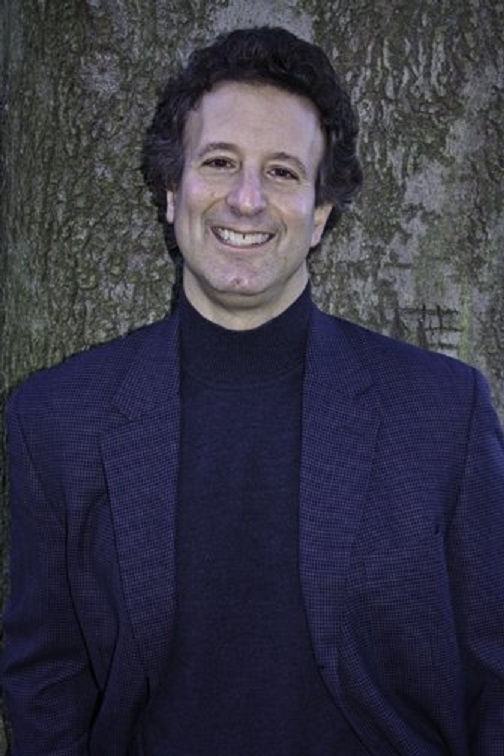 Peter Straub needs no lengthy introduction. As a novelist and poet, he has received many literary honors including the Bram Stoker Award, the World Fantasy Award, and the International Horror Guild Award. In 1965, he earned a B.A with honors in English from the University of Wisconsin at Madison; and one year later, an MA from Columbia University. In 1969, he moved to Dublin, Ireland to work on a Ph.D and began writing professionally. Peter collaborated with Stephen King on two novels, The Talisman and Black House.
Peter Straub needs no lengthy introduction. As a novelist and poet, he has received many literary honors including the Bram Stoker Award, the World Fantasy Award, and the International Horror Guild Award. In 1965, he earned a B.A with honors in English from the University of Wisconsin at Madison; and one year later, an MA from Columbia University. In 1969, he moved to Dublin, Ireland to work on a Ph.D and began writing professionally. Peter collaborated with Stephen King on two novels, The Talisman and Black House.
Interior Darkness, a collection of 16 short stories written over the course of years, demonstrates Peter Straub’s uncanny ability to blur literary genres and pen short stories ranging widely in length, style and tenor, providing a highly entertaining and unusual volume.






 Jon Land is the prolific author of more than thirty-five books. His thriller novels include the Caitlin Strong series about a fifth-generation Texas Ranger, and the Ben Kamal and Danielle Barnea books about a Palestinian detective and an Israeli chief inspector of police. He has also penned the Blaine McCracken series, standalone novels, and non-fiction. Jon was a screenwriter for the 2005 film Dirty Deeds. He is very active in the International Thriller Writers Organization.
Jon Land is the prolific author of more than thirty-five books. His thriller novels include the Caitlin Strong series about a fifth-generation Texas Ranger, and the Ben Kamal and Danielle Barnea books about a Palestinian detective and an Israeli chief inspector of police. He has also penned the Blaine McCracken series, standalone novels, and non-fiction. Jon was a screenwriter for the 2005 film Dirty Deeds. He is very active in the International Thriller Writers Organization. Kelley Armstrong has published twenty-one fantasy novels, thirteen of which have been part of her Women of the Otherworld series. Her novels blend suspense and the supernatural. Last year, she began The Cainsville series with its first novel, Omens. The second in this series is Visions,featuring Olivia Taylor-Jones, the daughter of alleged notorious serial killers.
Kelley Armstrong has published twenty-one fantasy novels, thirteen of which have been part of her Women of the Otherworld series. Her novels blend suspense and the supernatural. Last year, she began The Cainsville series with its first novel, Omens. The second in this series is Visions,featuring Olivia Taylor-Jones, the daughter of alleged notorious serial killers.
 As David Mamet
As David Mamet